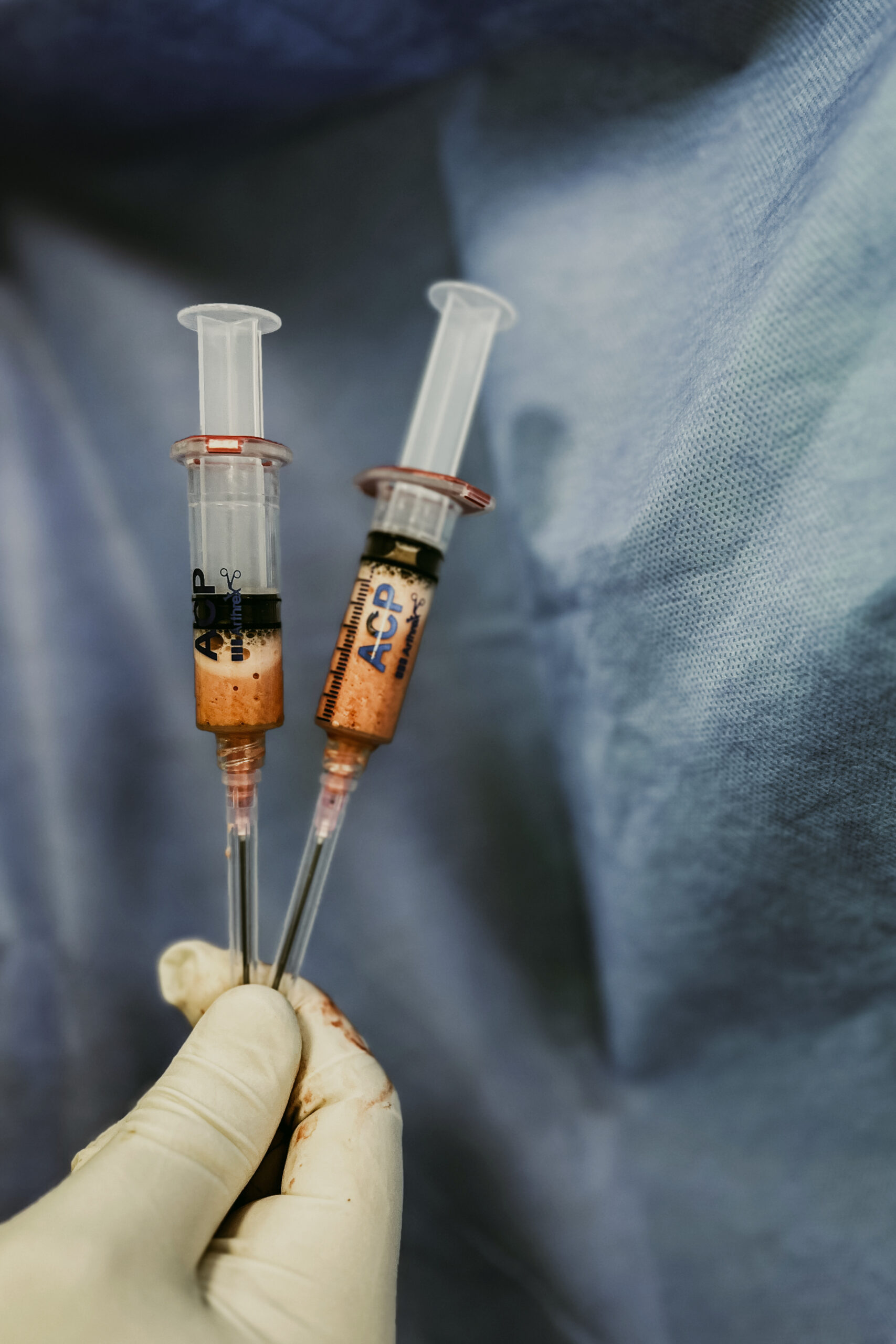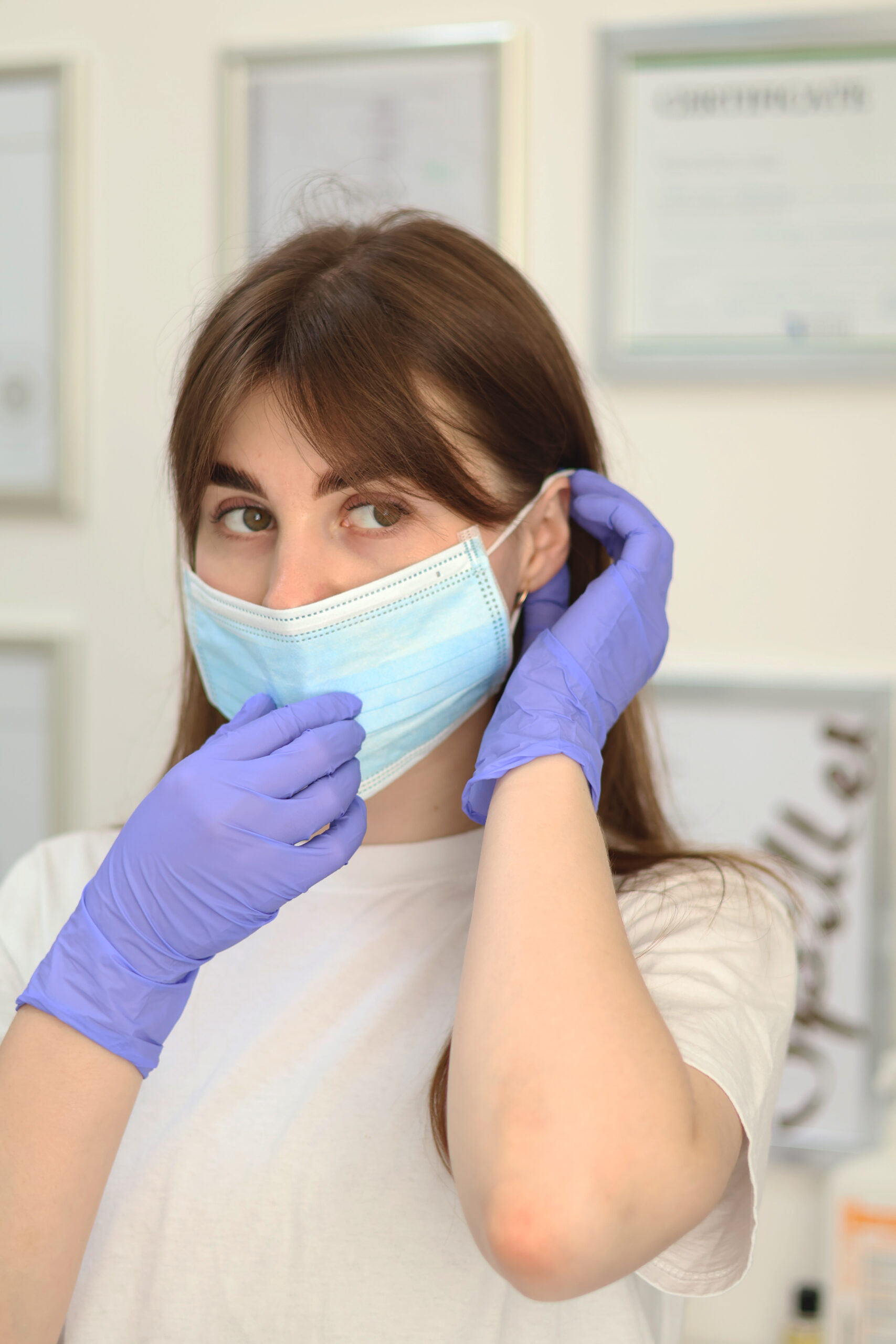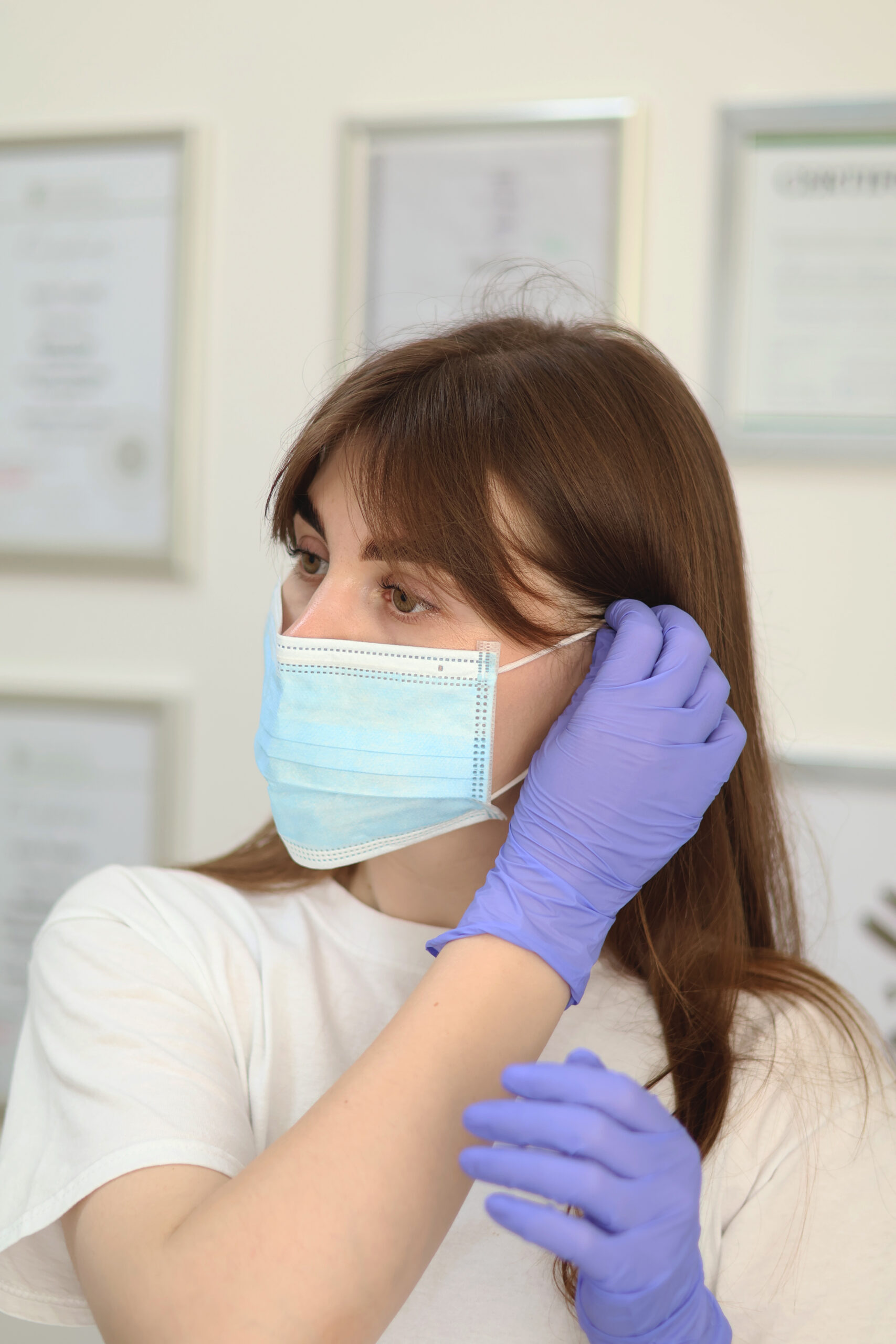So you’re curious about urine therapy, huh? Well, brace yourself for a truly controversial subject that has been practiced for centuries in various cultures. Yes, you heard that right – drinking your own urine, also known as urine therapy, is a thing. While it may raise some eyebrows and evoke squeamishness, proponents of this unconventional remedy claim it has a myriad of health benefits. From ancient Ayurvedic medicine to modern-day believers, the concept of urine therapy has persisted throughout history. In this article, we will take a closer look at the origins, potential benefits, and scientific perspectives surrounding this unconventional practice. Prepare to have your mind opened or perhaps, a bit bewildered.

What is Urine Therapy?
Urine therapy, also known as urotherapy or urine therapy, refers to the use of urine for therapeutic purposes. Although it may sound unconventional and even repulsive to some, urine therapy has been practiced for centuries in various cultures around the world. It involves the ingestion, application, or administration of one’s urine in order to promote physical, mental, and emotional well-being.
The History of Urine Therapy
The history of urine therapy can be traced back to ancient times, where it was widely used in traditional medical practices. The earliest records of urine therapy can be found in ancient Indian Ayurvedic texts, where urine was considered a powerful healing substance. The practice was also prevalent in ancient Chinese and Egyptian medicine.
In more recent history, urine therapy gained attention during the 20th century when it was popularized by British naturopath John W. Armstrong. Armstrong wrote extensively about his own experiences with urine therapy and its potential health benefits. His book “The Water of Life” brought urine therapy into the mainstream and sparked a renewed interest in this ancient practice.
Overview of Urine Therapy
Urine therapy operates on the principle that urine contains valuable nutrients, hormones, antibodies, and other bioactive substances that can have therapeutic effects on the body. Proponents of urine therapy believe that by reintroducing these substances back into the body, it can stimulate the natural healing processes and promote overall well-being.
Benefits of Urine Therapy
Physical Health Benefits
Advocates of urine therapy claim that it can provide numerous physical health benefits. These include improved immune function, increased energy levels, regulation of hormonal imbalances, alleviation of allergies and asthma symptoms, and relief from digestive disorders such as indigestion, bloating, and constipation.
Some proponents also suggest that urine therapy can help in addressing chronic diseases such as diabetes, arthritis, and even cancer. However, it’s important to note that these claims are largely anecdotal and not supported by scientific evidence.
Mental and Emotional Benefits
In addition to physical health benefits, urine therapy is believed to have positive effects on mental and emotional well-being. Supporters claim that it can enhance mental clarity, improve focus and concentration, reduce stress and anxiety, and even alleviate symptoms of depression.
Urine therapy is often associated with spiritual practices such as yoga and meditation, with practitioners believing that it can facilitate spiritual growth and enlightenment. However, it’s important to approach these claims with caution and consult with a healthcare professional for mental health concerns.
Skin and Beauty Benefits
Urine therapy has also been lauded for its potential benefits for skin and beauty. It is believed to have moisturizing and anti-aging properties, with some individuals using urine as a facial toner or incorporating it into their skincare routine. However, due to its strong odor and potential risk of skin irritation, it is recommended to exercise caution and perform a patch test before using urine topically.
Detoxification Benefits
Urine therapy is often considered a form of natural detoxification. Proponents believe that urine contains substances that can help rid the body of harmful toxins and waste products. This is thought to support liver and kidney function, enhance the body’s natural detoxification processes, and promote overall health.

Methods of Application
There are several ways in which urine therapy can be practiced and applied.
Oral Ingestion
One of the most common methods of urine therapy is oral ingestion. This involves drinking one’s own urine, typically in the morning on an empty stomach. Some practitioners consume urine directly, while others dilute it with water or mix it with other ingredients to make it more palatable.
Topical Application
Another method of urine therapy is topical application. Urine can be applied directly to the skin, either by using it as a facial toner or applying it to specific areas of concern. It is believed to have antibacterial and antifungal properties, which proponents claim can help with various skin conditions such as acne, eczema, and psoriasis.
Nasal Instillation
Nasal instillation involves the use of urine as nasal drops. It is believed to help alleviate nasal congestion, sinusitis, and other respiratory conditions. However, it is important to exercise caution and consult with a healthcare professional before attempting nasal instillation.
Eye Drops
Some individuals use urine as eye drops, believing that it can help alleviate eye infections, allergies, and other eye-related issues. However, this practice should be approached with caution, and it is essential to consult with an ophthalmologist before using urine as eye drops.
Ear Drops
Urine therapy can also involve the use of urine as ear drops. Proponents claim that it can help alleviate ear infections, tinnitus, and other ear-related conditions. As with other methods, it is important to consult with a healthcare professional before attempting ear drops.
Enemas
Enemas involve the administration of urine into the rectum for therapeutic purposes. Proponents claim that it can help with digestive issues, constipation, and detoxification. However, it is crucial to consult with a healthcare professional before attempting enemas and to follow proper hygiene practices.
Scientific Evidence and Research
While urine therapy has a long history and many claims of its benefits, scientific research and evidence supporting its efficacy are limited. There have been some studies conducted on urine composition and its potential therapeutic properties, but further research is needed to validate the claims made by urine therapy advocates.
Studies on Urine Composition and Efficacy
Several studies have analyzed the composition of urine and identified various components such as urea, uric acid, hormones, and antibodies. While these substances may have potential therapeutic effects, more research is required to understand their specific roles and interactions within the body.
Case Studies and Personal Experiences
Many of the claims and testimonials regarding the benefits of urine therapy are based on individual experiences and anecdotal evidence. While these personal accounts can provide insights into the potential benefits, they are not considered scientific evidence.
Medical Professionals’ Perspectives
Most medical professionals remain skeptical of the therapeutic claims of urine therapy. They emphasize the importance of evidence-based medicine and highlight the lack of scientific studies supporting the efficacy and safety of urine therapy. It is crucial to consult with a healthcare professional before considering urine therapy and to discuss any potential risks or interactions with existing medical conditions or medications.

Cultural and Historical Usage
Ancient Practices
Urine therapy has roots in ancient medical practices and has been documented in various cultures throughout history. Ancient Indian Ayurvedic texts mention urine therapy as a form of treatment for various ailments. It has also been practiced in traditional Chinese, Egyptian, and Greek medicine.
Cultural Significance in Different Societies
In some cultures, urine therapy holds cultural and spiritual significance. For example, in traditional Chinese medicine, urine is believed to have yin-yang properties and is sometimes used in herbal formulations. In certain African and Native American cultures, urine is used in healing ceremonies and rituals.
Controversies and Criticisms
Safety Concerns and Precautions
One of the main concerns surrounding urine therapy is its potential safety risks. Urine can contain harmful bacteria, viruses, and toxins, depending on an individual’s health status and lifestyle factors. Additionally, certain medications, drugs, or medical conditions can alter the composition of urine, potentially making it unsafe for ingestion or topical application.
It is essential to exercise caution, practice proper hygiene, and consult with a healthcare professional before attempting urine therapy. Individuals with compromised immune systems, urinary tract infections, or other medical conditions should avoid urine therapy altogether.
Potential Risks and Side Effects
Potential risks and side effects associated with urine therapy include allergic reactions, irritation of the skin or mucous membranes, and infections. Some individuals may experience nausea, vomiting, or diarrhea after ingesting urine. It is crucial to be aware of these potential risks and discontinue urine therapy if any adverse reactions occur.
Ethical and Social Considerations
Urine therapy can be a highly controversial topic, and individuals practicing it may face criticism, stigma, or social rejection. Engaging in urine therapy should be a personal choice, and individuals should consider their own beliefs, values, and comfort levels before embarking on this path. It is important to maintain open communication and respect when discussing urine therapy with others.
Urine Therapy in Modern Alternative Medicine
Integration with Other Alternative Treatments
Urine therapy is often used alongside other complementary and alternative treatments such as herbal medicine, acupuncture, and meditation. Some individuals may combine urine therapy with dietary modifications, exercise, and stress reduction techniques for a holistic approach to their well-being. It is important to seek guidance from qualified practitioners and healthcare professionals to ensure the safe integration of different therapies.
Practitioners and Clinics
There are practitioners and clinics that specialize in urine therapy and offer guidance and support to individuals interested in exploring this alternative practice. However, it is essential to research the credentials and reputation of any practitioner or clinic before seeking their services. As with any alternative therapy, it is important to be discerning and ensure that the practitioner has a comprehensive understanding of healthcare and an evidence-based approach.
Online Communities and Resources
The rise of the internet has facilitated the formation of online communities dedicated to urine therapy. These communities provide a platform for individuals to share their experiences, ask questions, and offer support to one another. However, it is important to approach online resources with caution and verify the accuracy and credibility of the information shared.
Frequently Asked Questions about Urine Therapy
Is urine therapy safe?
Urine therapy carries potential risks and safety concerns, particularly if proper hygiene practices are not followed or if an individual has underlying medical conditions. It is crucial to consult with a healthcare professional before considering urine therapy and to discuss any potential risks or interactions with existing medications or medical conditions.
What are the common misconceptions?
One common misconception about urine therapy is that urine is a waste product with no therapeutic value. While urine does contain waste products, it also contains various substances that may have potential therapeutic effects. However, it is important to note that much of the scientific evidence supporting urine therapy is anecdotal, and further research is needed.
How should urine be collected and stored?
If someone wishes to practice urine therapy, it is recommended to collect urine in a clean container. Proper hygiene should be maintained throughout the collection process to minimize contamination. Urine should be stored in a sealed container in a cool and dark place to prevent deterioration.
Can urine therapy cure specific ailments?
While urine therapy may have potential benefits for overall well-being, it should not be viewed as a cure-all for specific ailments. The effectiveness of urine therapy in treating specific conditions has not been scientifically proven, and it is important to approach it with realistic expectations.
Are there any contraindications or limitations?
Urine therapy should be avoided by individuals with compromised immune systems, urinary tract infections, or other medical conditions that may make urine consumption or application unsafe. It is crucial to consult with a healthcare professional before attempting urine therapy to determine any contraindications or limitations.
Personal Experiences and Testimonials
There are individuals who practice urine therapy and claim to have experienced various health benefits. Personal experiences and testimonials can provide insights into the potential benefits, but it is important to remember that these are subjective accounts and not considered scientific evidence.
Conclusion
Urine therapy is an ancient practice that has gained attention in recent years for its potential health benefits. While it has a long history and many anecdotal claims, scientific evidence supporting urine therapy is limited. It is important to approach urine therapy with caution, consult with a healthcare professional, and consider individual values, beliefs, and comfort levels.
Further research is needed to better understand the therapeutic properties, safety risks, and potential benefits of urine therapy. It is essential to maintain an open-minded and evidence-based approach when considering alternative practices such as urine therapy and to prioritize individual health and well-being.
